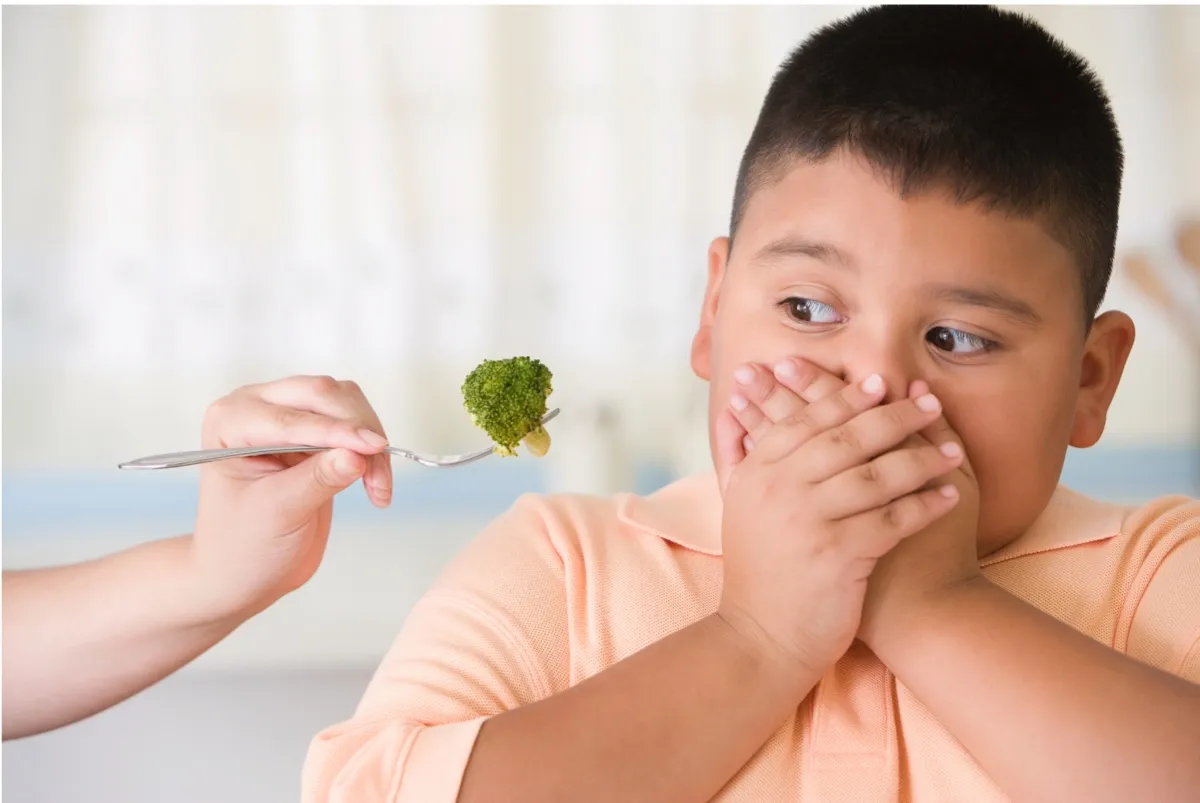There are some tastes that we’re hard-wired to favour. One of those is sweetness. Not only does an early preference for sweetness help to ensure that babies are attracted to the slightly sweet taste of breastmilk, but our general preference for sweetness is understood to be an evolutionary adaptation, motivating us to seek out and consume (once rare) energy- and carbohydrate-rich foods. Sweetness may also have become a signal for safety, as there are hardly any naturally sweet foods that are toxic.
The bumps on your tongue, called papillae, also contain thousands of receptors for the other basic tastes: bitter, sour, umami (the rich, savoury taste of cheese, meat and mushrooms), salty, and the recently added oleogustus – which describes the unique taste of fat. Again, these tastes indicate the nutrient content and safety of a food.
Mineral-rich foods taste salty. Not only are minerals important helpers for enzyme activity in the body, but nerves send their messages using sodium ions, making minerals essential for the proper function of your brain and nervous system.
Like carbohydrates, fat is an important energy source. Umami indicates the presence of amino acids, the building blocks of proteins required for making and repairing cells and tissues, as well as for the production of neurotransmitters.
Read more about food science:
- Being 'hangry' is real, and there's science to prove it
- Can you feed your brain?
- How to cook a tasty Christmas turkey (according to science)
Conversely, we tend to find bitter and sour tastes aversive, particularly in childhood, which is a crucial protective adaptation because these tastes can indicate the presence of toxins. For example, a class of bitter-tasting compounds called alkaloids have psychoactive effects.
Nicotine and cocaine are in this group, but so are caffeine and theobromine (found in chocolate). The heightened risk of toxicity or other harmful side effects is thought to be why babies are so much more sensitive to these tastes than adults. Our sensitivity to bitter tastes reduces over time, which is why babies can’t stand the taste of coffee but many adults love the stuff.
Actually, that’s not the only reason adults like coffee, because food preferences are not simply about flavour; they’re also about sensation. If you are a regular coffee drinker, the likelihood is that you baulked at your very first sip. A few moments later, however, as the caffeine made its way to your brain, you might have experienced a pleasant feeling, one of mild euphoria or heightened alertness. These pleasurable sensations become encoded alongside the taste of the coffee. So part of the reason you like coffee is because of the feeling it provides.
And this offers another hint as to why we like some foods and not others: psychology. If a beloved grandmother always made you a walnut cake for your birthday as a child, the flavour of walnut cake (and perhaps also the texture and smell of toasted walnuts) will be associated for you, largely unconsciously, with fond memories and pleasing sensations. In a sense, every time you eat walnut cake as an adult, you elicit and neurologically relive those associations, meaning a big part of the enjoyment is in the memory.
In contrast, if the first time you ate walnuts you became sick (perhaps because you were coming down with the flu), you might make a negative association with them. Essentially, your brain tagged walnuts as a risky food, making it difficult to even think about eating them. This aversive response can be powerful, persisting even when you know the food in question had nothing to do with the sickness.

So is there any chance of changing our food preferences? Yes and no. While many aversions are psychological, a few are genetically driven. If, for example, you’re someone who hates coriander and think it tastes like soap, then it’s possible you possess a variant of a gene that affects your sensitivity to certain naturally occurring chemicals in the herb. But most of our aversions are like the one mentioned above or culturally acquired.
The difference between many of the things we like or dislike comes down to culture, for example, in some parts of the world, guinea pigs are beloved family pets; in others they’re a delicious source of protein. What this means is that we learn to like the foods that we most frequently encounter and that are valued by those around us.
And this is good news if you have an aversion that you would like to overcome (to be clear, we’re not talking about allergies or intolerances here). By trying small amounts of the food you’re averse to repeatedly, and in a calm and relaxed state, you can learn to appreciate it. It can also be helpful to try the food cooked in different ways. So if you grew up hating boiled Brussels sprouts, try them shredded and stir-fried or roasted with garlic. It can also be good to challenge your beliefs about the food. Reading up about why sprouts are so good for you can help make you more willing to try them, and this willingness can help to nudge you over the line to acceptance.
Read more about nutrition: